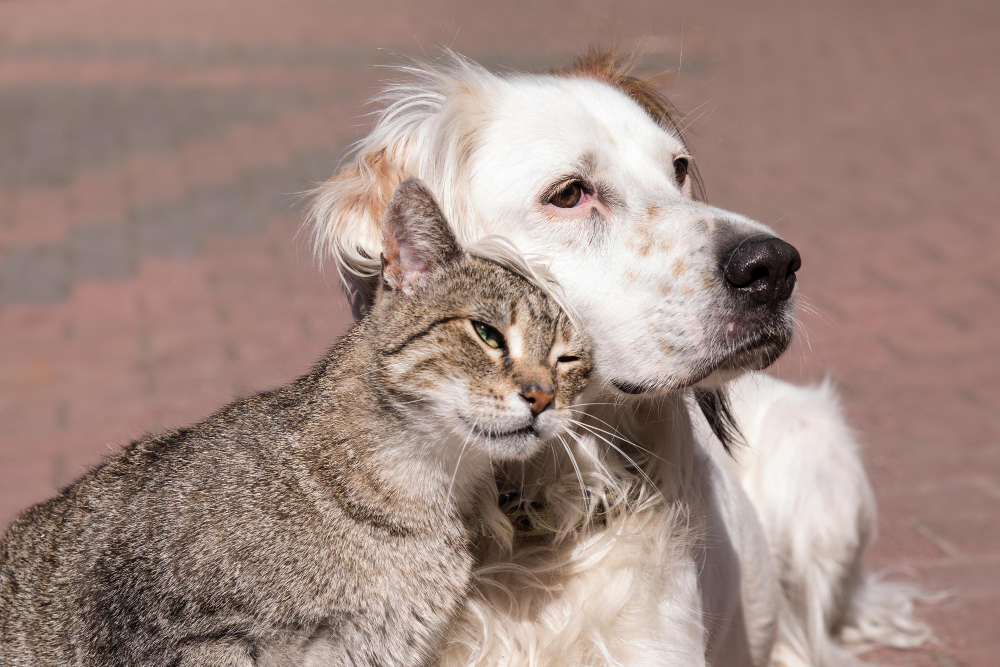In recent times, our beloved companion animals have been enjoying longer lifespans. This is largely attributed to advancements in veterinary care, improved quality of pet food, and the enhanced living conditions provided by pet owners who now regard their pets as integral family members.
However, as our pets age, they undergo various physiological changes that can affect their overall well-being. Recognizing these changes and understanding how to address them is crucial to ensure that our elderly pets continue to live a comfortable and fulfilling life.
Recognizing the Onset of Senility in Dogs and Cats
Understanding when your pet is transitioning into their senior years is essential to provide them with the care they need. For dogs, the age at which they are considered elderly varies based on their size:
- Small to medium-sized dogs are typically regarded as senior from the age of seven.
- Larger breeds, due to their unique metabolic rates and physical stature, can be considered elderly as early as five years old.
Cats, on the other hand, have a more uniform metabolic rate and structure. As such, they are generally considered senior from the age of eight.
Beyond age, there are other indicators of a pet entering its senior years. A noticeable decline in interest for routine activities and a general lack of energy throughout the day can be indicative of advancing age.
Health Concerns in Elderly Pets
As pets age, they may exhibit a range of health issues, some of which might not be immediately apparent. Here are some of the most common concerns:
- Orthopedic Issues: Aging pets often face wear and tear on their bones and joints. This can start as a subtle limp but can escalate over time, affecting their mobility. For a deeper dive into joint diseases in dogs, consider reading Understanding and Managing Major Joint Diseases in Dogs.
- Cardiac Changes: Heart-related issues can become prevalent in older pets. Symptoms like panting and coughing can be early signs of heart problems.
- Cognitive Dysfunction: This condition, akin to Alzheimer’s in humans, develops gradually. If your pet seems more distant or slower in their reactions, it might be an early sign of this ailment.
- Kidney Failure: As pets grow older, their kidneys’ filtering capacity can diminish. It’s essential to monitor for signs of kidney disease, especially since symptoms often appear when the condition is advanced.
Essential Care Tips for Senior Pets
- Regular Veterinary Check-ups: As pets age, diseases can progress more rapidly. Regular vet visits can help in early diagnosis and treatment, ensuring a better quality of life for your pet.
- Diet and Nutrition: Many senior pets face the risk of becoming overweight due to a slower metabolism and reduced activity levels. It’s essential to adjust their diet to their specific needs during this phase. If you’re considering homemade meals, always consult a professional in animal nutrition. For those pets experiencing a loss of appetite, introducing palatable foods like pasty and moist options can be beneficial. For more insights on nutritious snacks, explore Nutritious Fruit Snacks for Pets.
- Oral Hygiene: Dental health is often overlooked in pets. Accumulation of tartar can lead to other health issues in senior pets. Regular brushing and dental snacks can help in maintaining good oral health.
- Adapting the Environment: Senior pets, especially those with reduced vision or olfactory senses, might be prone to accidents. Ensure that your home is safe for them by avoiding slippery floors, ensuring easy access to essentials, and maintaining a consistent environment.
Conclusion
In the twilight years of our pets’ lives, understanding their unique needs becomes paramount. As they transition into their senior phase, they rely on us more than ever for specialized care, attention, and love. By staying informed and proactive, especially with resources like comprehensive guides on joint supplements, we can ensure that these golden years are filled with comfort, health, and happiness. Let’s cherish every moment with our elderly companions, providing them with the best quality of life they deserve. After all, their unwavering loyalty and affection have enriched our lives in countless ways; it’s our turn to give back with compassion and dedication.

